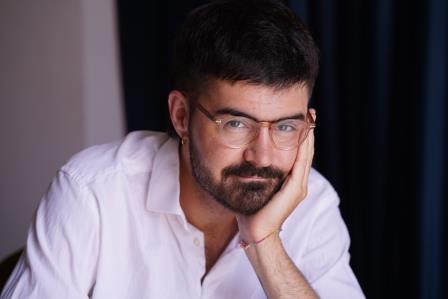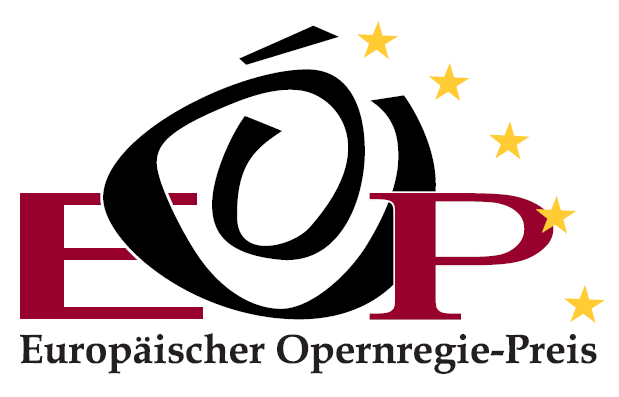
Vita Lorenzo Ponte
Lorenzo Ponte comes from a family half Sicilian, half Roman. He has studied ancient literature in Milan where he now lives. While still at university he began to play Greek and Roman tragedy and comedies and thus he discovered his love for theatre. He graduated with a dissertation on theatrical adaptations of Aeneid by Virgil. At the same time he developed a keen interest in directing actors and staging plays and, as a result, studied theatre direction at Paolo Grassi of Milan, where he met some his most influential teachers such as Renata Molinari, Maurizio Schmidt, Marco Maccieri and Davide Carnevali.
After University, Lorenzo started a prolific collaboration with Teatro Franco Parenti in Milan. He adapted and directed Agatha by Marguerite Duras. In 2019, he won the Macerata Opera Festival under 35 prize and, together with Clio Saccà, he staged Can you Heart me?, a contemporary opera by Marco Sinopoli. In 2021, he began an ethnographic research about the homeless people in Milan together with the company Praxis. He then wrote and directed a play based on the research called Good for nothing.
In addition, he has also since worked five years as a resident assistant director at Teatro alla Scala of Milan and was an assistant director to Andrée Ruth Shammah, Frederic Wake-Walker and Carmelo Rifici.
In 2022, he won the 3rd prize at the European Opera Prize (EOP) of Camerata Nuova for a project on Turn of the screw by Britten. The following year he won the 1st prize (EOP) with a project on Two widows by Smetana that will be played in the Czech Republic (Opening Night in Litomyšl on the 20th June 2024/Prague 5th-10th November 2024), Ukraine (2025) and Germany (2025).
In September 2023, Lorenzo has also staged Idomeneo by Mozart at Opera de Lorraine, conducted by Jakob Lehman.
„From that shame, impotence and pain, something was born that I believe was the desire to become a poet, that is, to be able to express what it means to feel regret for someone, to have been loved, to be alone.”
Stig Dagerman
